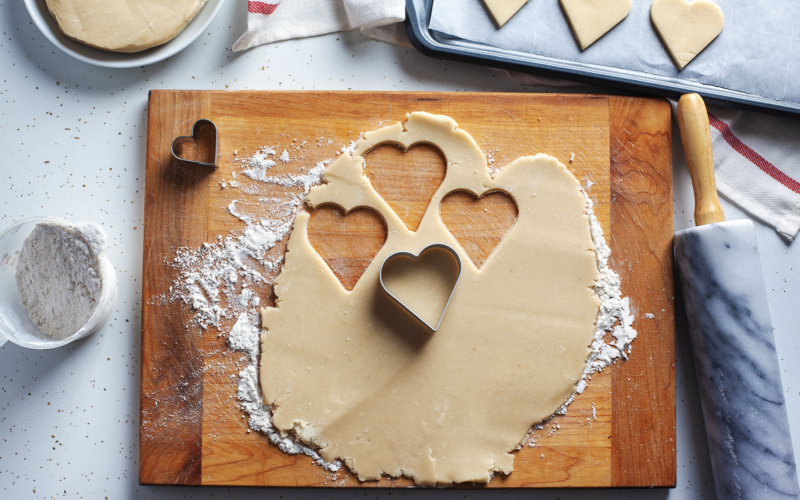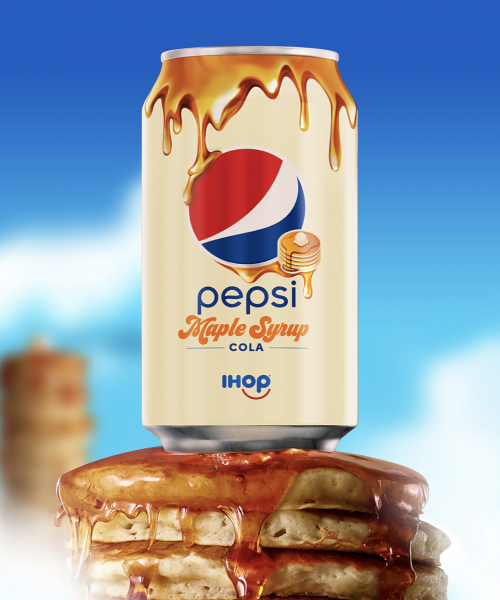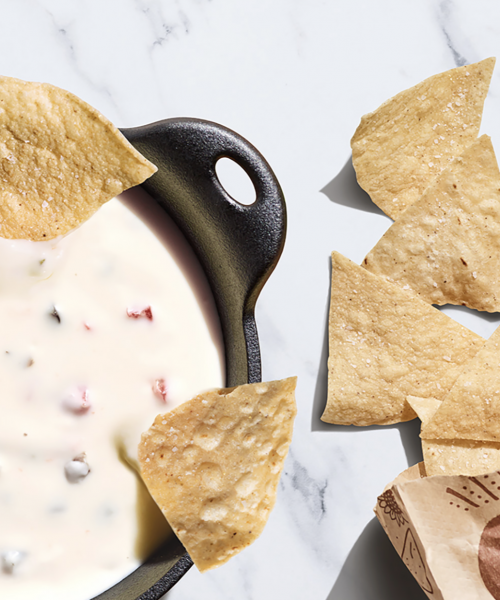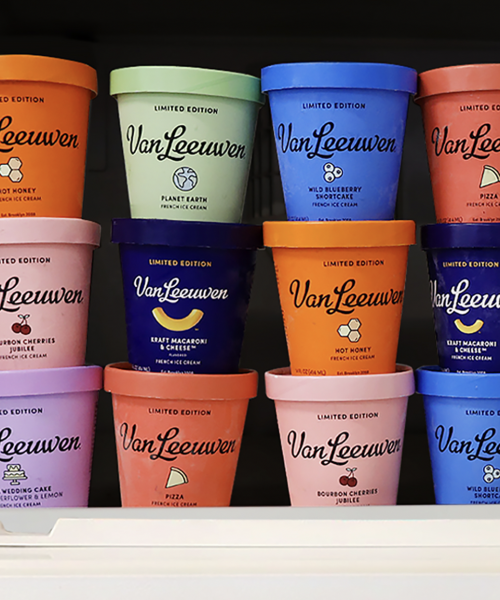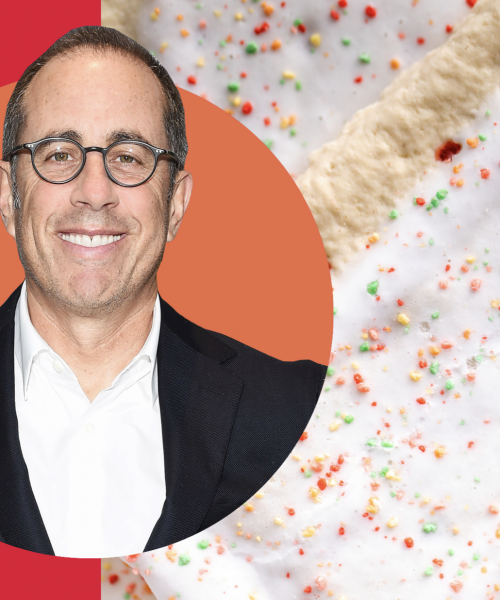By Mike Pomranz | FoodAndWine.Com
Troy Warren for CNT #Foodie
Raw flour can cause food poisoning, but two recent studies suggest most Americans either don’t know or don’t care.
With foodborne illness, some foods are hammered into our heads as potential hazards. Be careful with those oysters. Make sure you’ve cooked that burger all the way through. Wash your hands after handling raw chicken. But in practice, all sorts of foods can become contaminated: For instance, vegetables are almost as likely to spread E. coli as beef.
Along those lines, flour may seem innocent enough, a common ingredient found in relatively safe foods like bread and pasta. But the Centers for Disease Control and Prevention (CDC) actually lists “raw flour” as one of their seven main groups of foods that can cause food poisoning.
If you weren’t aware of that, frankly, you’re not alone: As the site Food Safety News reports, two recent studies suggest that Americans need to be better educated on how to safely handle flour.

The first study analyzed data collected in 2019 by the FDA as part of their Food Safety and Nutrition Survey. It determined that “most U.S. consumers do not consider uncooked flour as risky to consume,” with about a third of respondents saying they had consumed uncooked flour in the previous year.
The second study — entitled “Online Media Attention Devoted to Flour and Flour-Related Food Safety in 2017 to 2020” — analyzed how flour was discussed online. What the researchers found was that, though interest in flour overall tended to be seasonal, growing during the winter holiday, and the COVID-19 pandemic caused a spike in interest in early 2020, “the share of media devoted to flour-related food safety risks or associated illness was extremely small” and instead tended to stem from “immediate reactions to flour recalls.” The authors suggested this “small number of mentions coincide with unawareness of flour-borne illness.”
So what should Americans know? The CDC has its own webpage discussing the dangers: Say No to Raw Dough. But here’s the gist: Don’t taste or eat raw (unbaked) dough or batter; don’t let children handle or play with raw dough, including play clay and dough for crafts; and always wash your hands, bowls, utensils, and countertops after handling raw flour, eggs, or dough.
And if you really want to eat some raw cookie dough or make some homemade Play-Doh, try baking the flour first.



























